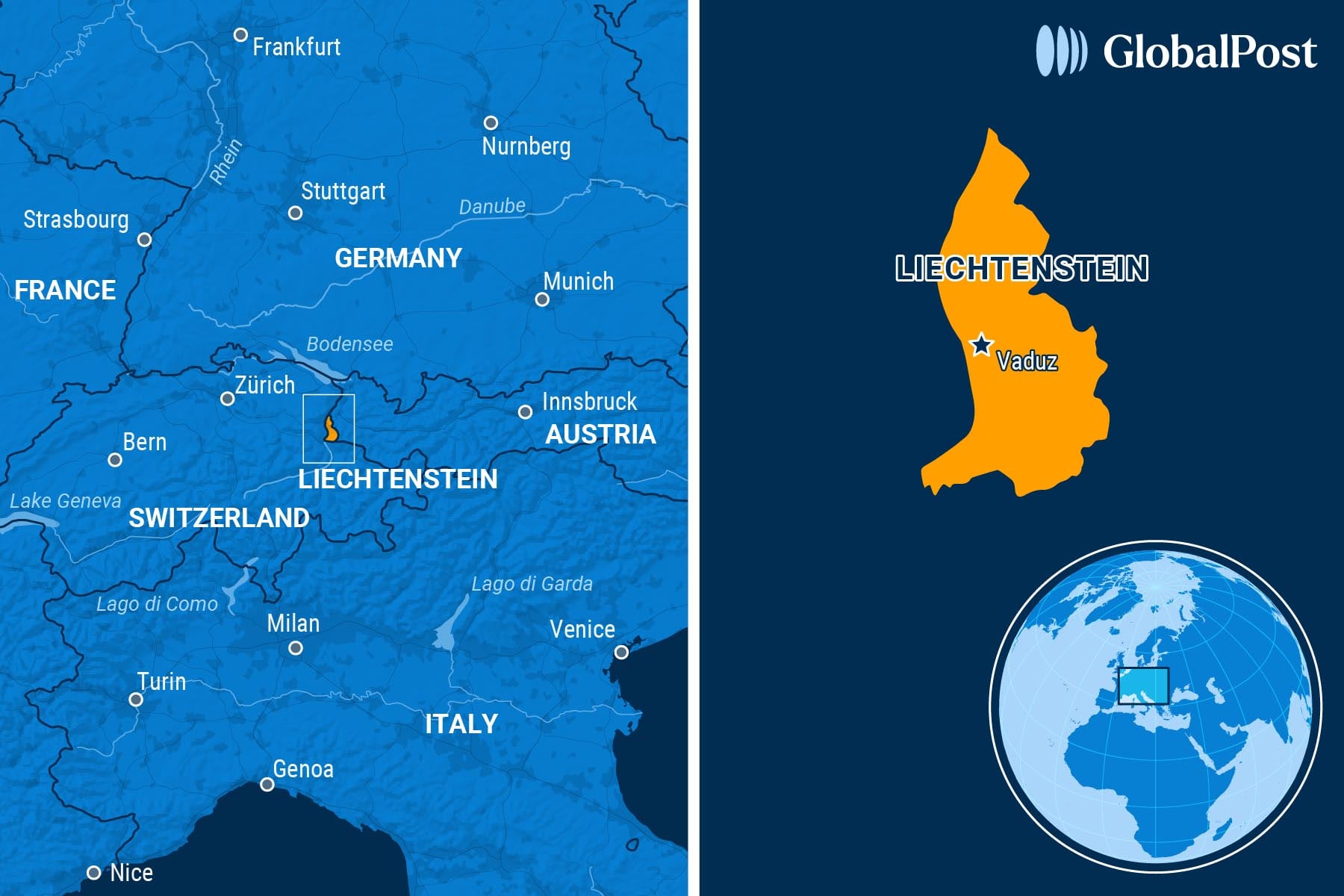Trust in Zombies: How the Tiny Principality of Liechtenstein Faces a Massive Crisis Because of a Distant War

It would be a pity if zombies ruined the upcoming wedding of Princess Marie Caroline and Leopoldo Maduro Vollmer, a London investment banker: Scheduled for August 30, wrote Bride magazine, the nuptials will take place in her house, Vaduz Castle, the palace of the Prince of Liechtenstein, Hans-Adam II.
The event comes as American sanctions on Russia have caused a “zombie” trust crisis in the tiny European principality.
Nestled in the Alpine mountains between Austria and Switzerland, Liechtenstein has long been known as a financial hub for trusts, foundations, and other entities often linked to tax shelters and tax evasion. In 2008, for instance, a bank leak exposed massive tax evasion by foreign citizens who kept their money in the country.
Today, while Liechtenstein’s leaders have worked hard to contain tax shelters, the $930 billion trusts and foundations industry is central to the microstate’s economy, noted Reuters. That largesse, incidentally, has helped turn Liechtenstein into one of the world’s wealthiest and safest countries, one where the Times of India described living conditions as “near-utopian.”
Russia and the German-speaking country, whose origins as an independent statelet trace back to the Holy Roman Empire, don’t have particularly close relations, according to the Liechtenstein Institute. But wealthy Russians have also used the country as a depository for their funds – ill-gotten or not – rather than their notoriously corrupt homeland, with a leader quick to seize oligarchs’ fortunes.
Now, fears of flouting American sanctions against Russia due to the war in Ukraine have caused fiduciary and board directors in Liechtenstein to drop their jobs handling Russian funds, leaving around 800 entities as “zombies,” or frozen because there is no one to manage their assets or oversee their liquidation.
“We are talking about multibillion-dollar floating zombie trusts,” a Vaduz-based lawyer whose clients are among those directors, in an interview with the Financial Times. “There is no solution yet. I have never seen anything like it.”
Pro-Ukraine news outlet United 24 described Liechtenstein as the “graveyard of Russian wealth vehicles” – likely a pun on the many Russian vehicles that Ukraine has destroyed on the battlefield.
The problem for Liechtenstein is that because these zombie assets are frozen, nobody is conducting transactions or collecting fees from managing those transactions. Government officials are now attempting to appoint new managers to the trusts and deliberating other measures to make sure officials have control over the Russian funds. But it will take time.
As a result, this slowdown is likely to adversely affect the country’s economy and its 40,000 people, analysts say.
“…Liechtenstein is currently facing a significant financial crisis,” wrote the Comsure Group, a British consultancy. “This situation highlights the far-reaching impact of international sanctions and the interconnectedness of global financial systems.”

Subscribe today and GlobalPost will be in your inbox the next weekday morning
Join us today and pay only $46 for an annual subscription, or less than $4 a month for our unique insights into crucial developments on the world stage. It’s by far the best investment you can make to expand your knowledge of the world.
And you get a free two-week trial with no obligation to continue.
